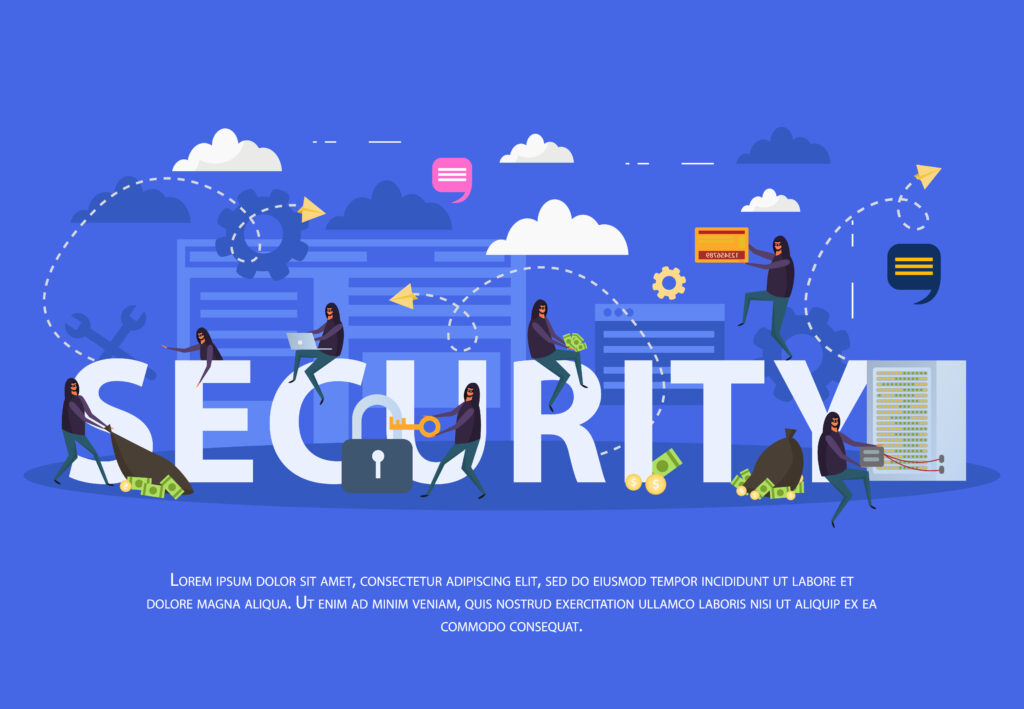In today’s digital age, social networking platforms have become an integral part of our daily lives. They enable us to connect with friends, share experiences, and stay updated on the latest news and trends. However, the convenience of social networking also comes with security risks. To fully enjoy the benefits of these platforms, it’s crucial to be aware of potential security threats and adopt best practices for online safety.

The Significance of Social Networking Security:
The rise of social media has transformed the way we communicate and share information. According to Statista, as of 2021, there were 3.78 billion social media users worldwide, and this number is expected to continue growing. While these platforms offer incredible opportunities for networking and engagement, they also present vulnerabilities that cybercriminals exploit for malicious purposes.
Common Social Networking Security Threats:
Before delving into security awareness, it’s essential to understand the types of threats you may encounter on social media:
-
Phishing: Cybercriminals often create fake profiles or posts that mimic legitimate ones, attempting to trick users into sharing personal information or clicking on malicious links.
-
Identity Theft: Information shared on social media can be used by identity thieves to impersonate individuals or gain access to their accounts.
-
Social Engineering: Attackers may manipulate users into divulging sensitive information through psychological manipulation or manipulation of trust.
-
Malware Distribution: Links or downloads on social media can lead to malware infections, compromising the security of your device.
-
Privacy Breaches: Inadequate privacy settings can expose your personal information to the public or unauthorized individuals.
Social Networking Security Awareness Tips:
To protect your online presence and personal information on social media, consider these security awareness tips:
1. Review and Adjust Privacy Settings:
- Familiarize yourself with the privacy settings of your social networking accounts.
- Adjust settings to limit the visibility of your posts and personal information to only those you trust.
2. Use Strong Passwords:
- Create unique, strong passwords for each social media account.
- Consider using a password manager to help you generate and securely store complex passwords.
3. Be Cautious with Friend Requests and Messages:
- Only accept friend requests or messages from individuals you know or have verified as legitimate.
- Be skeptical of unsolicited messages, especially those requesting personal information.
4. Verify Links and Attachments:
- Before clicking on links or downloading attachments from social media, verify the sender’s legitimacy.
- Hover over links to preview the URL, and avoid clicking on suspicious or shortened links.
5. Beware of Impersonation:
- Verify the authenticity of accounts that claim to be from official organizations, celebrities, or public figures.
- Look for verified badges on social media profiles to confirm authenticity.
6. Educate Yourself and Others:
- Stay informed about the latest social media security threats and scams.
- Share security awareness information with your friends and family to help protect their online presence as well.
7. Avoid Over-Sharing:
- Be mindful of the information you share on social media. Avoid sharing personal details like your address, phone number, or financial information publicly.
8. Use Two-Factor Authentication (2FA):
- Enable 2FA wherever possible. This adds an additional layer of security by requiring a second form of verification to access your account.
9. Regularly Update Apps and Privacy Settings:
- Keep your social media apps and devices up-to-date to patch security vulnerabilities.
- Periodically review and update your privacy settings to match your desired level of security.
10. Report Suspicious Activity:
- If you encounter suspicious or malicious content or accounts on social media, report them to the platform for investigation and removal.
Conclusion:
Social networking security awareness is a critical aspect of modern digital life. While social media platforms offer numerous benefits, they also pose security risks that can have serious consequences if not addressed. By staying informed, adopting security best practices, and being cautious online, you can enjoy the advantages of social networking while safeguarding your online presence and personal information. Remember that your online security is in your hands, and proactive measures can go a long way in protecting yourself in the digital realm.